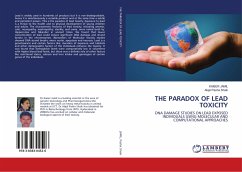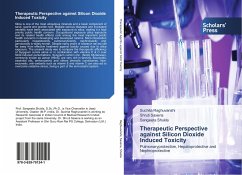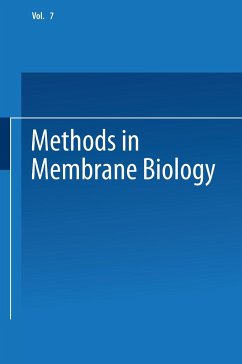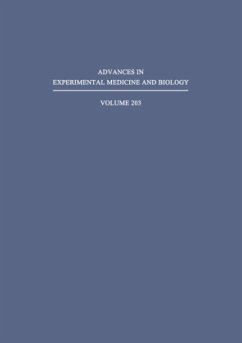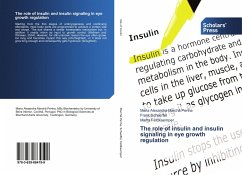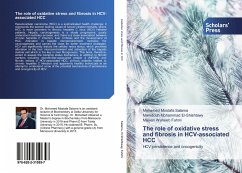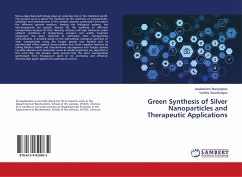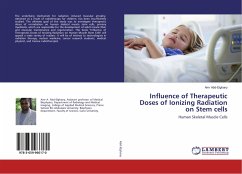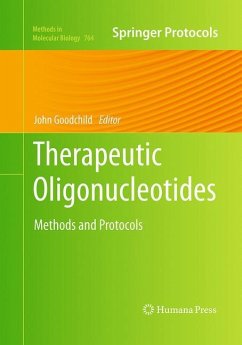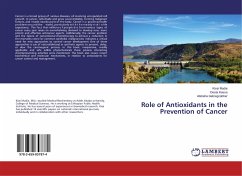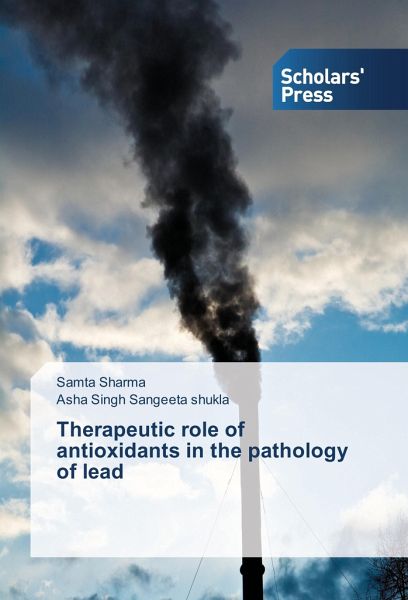
Therapeutic role of antioxidants in the pathology of lead
Versandkostenfrei!
Versandfertig in 6-10 Tagen
40,99 €
inkl. MwSt.

PAYBACK Punkte
20 °P sammeln!
Lead a soft, grey-blue heavy metal found ubiquitously is a common cause of poisoning of domestic animals throughout the world. The propensity for lead to catalyse oxidative reactions and generate reactive oxygen species has been demonstrated in multiple studies. This study was designated to evaluate the protective effect of antioxidants i.e., N-acetyl cysteine (NAC), Lipoic acid (LA) and Glutathione (GSH) in reducing the concentration of lead acetate in blood and soft tissues (liver, kidney, and brain) and their ability to restore altered hematopoietic, hepatic, renal, and other biochemical va...
Lead a soft, grey-blue heavy metal found ubiquitously is a common cause of poisoning of domestic animals throughout the world. The propensity for lead to catalyse oxidative reactions and generate reactive oxygen species has been demonstrated in multiple studies. This study was designated to evaluate the protective effect of antioxidants i.e., N-acetyl cysteine (NAC), Lipoic acid (LA) and Glutathione (GSH) in reducing the concentration of lead acetate in blood and soft tissues (liver, kidney, and brain) and their ability to restore altered hematopoietic, hepatic, renal, and other biochemical variables that are indicative of tissue oxidative stress in male rats. It was concluded that NAC and LA provided better protection compared with reduced GSH.



